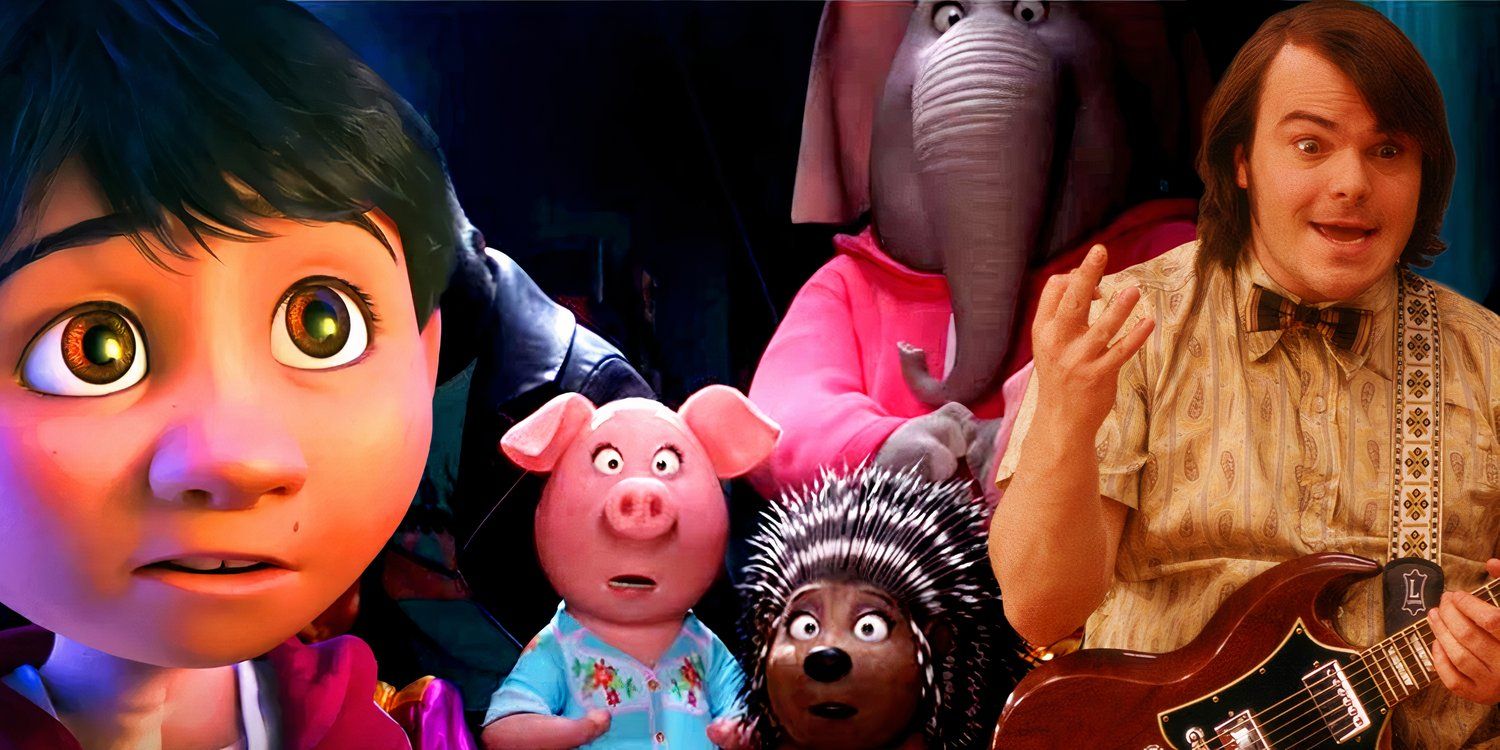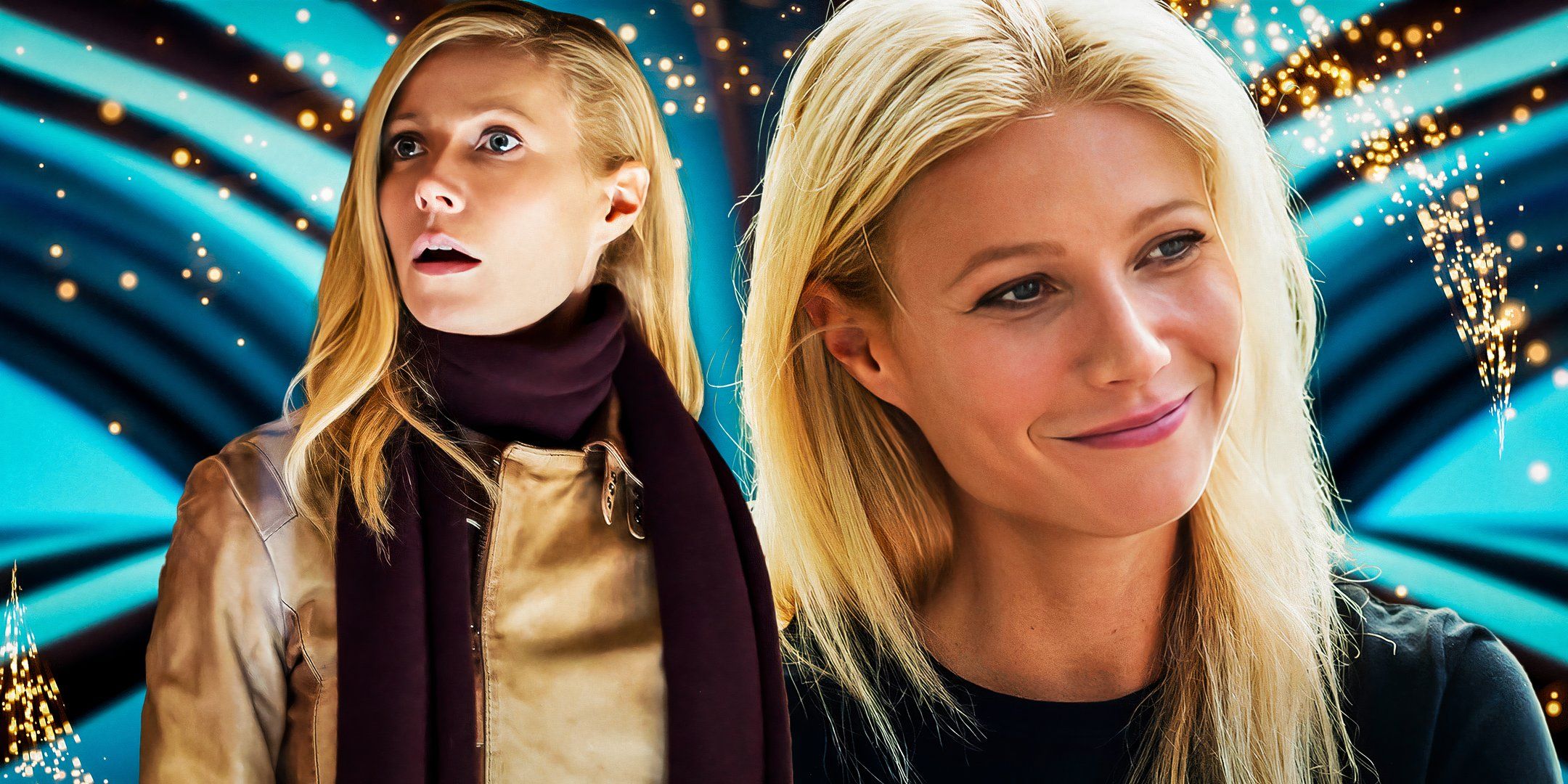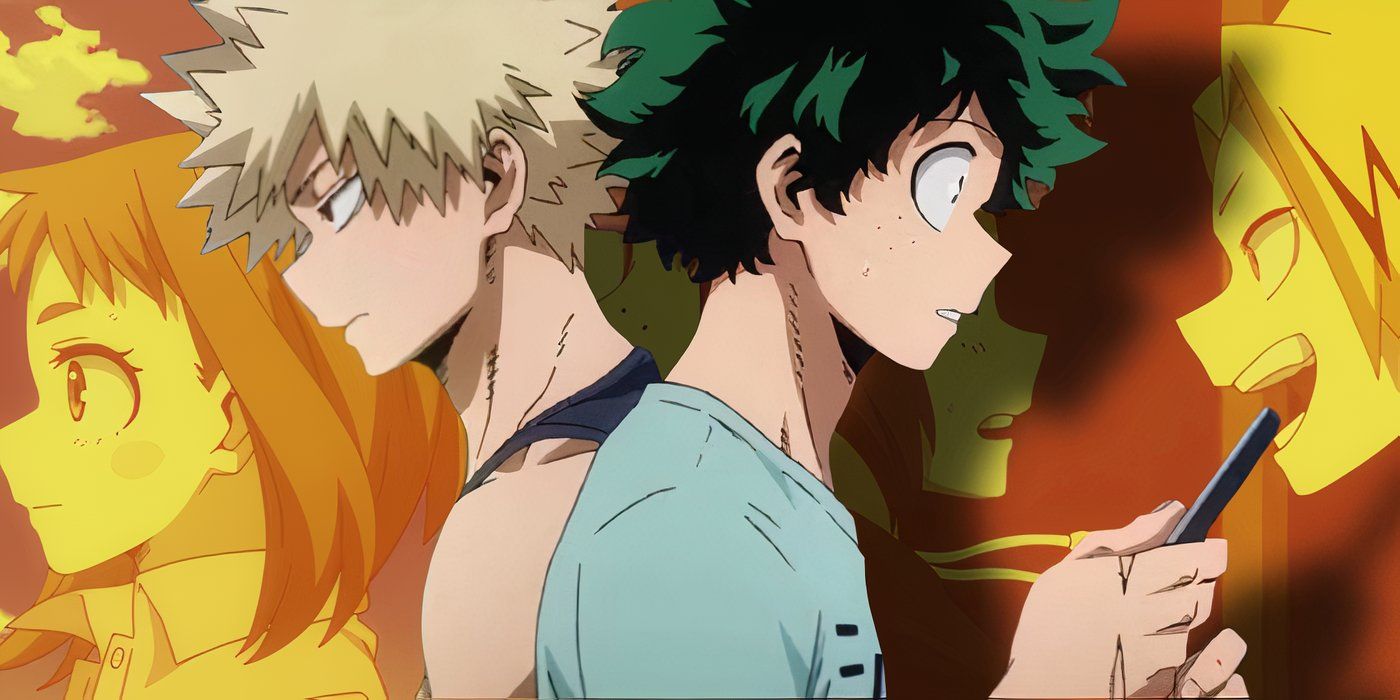The rationale for The Lord of the Rings: The War of the Rohirrim is not in its artistry. Sure, there’s something lovely and almost tactile in this anime take on JRR Tolkien, the hand-drawn Japanese styles renovating Middle-earth to suit its tastes. That’s not justification enough to sit through a plodding and joyless spin-off, the latest in content mined from Tolkien’s books following Peter Jackson’s Rings and The Hobbit trilogies and an Amazon prequel series now in its second season.
For those already battling Tolkien fatigue, brace yourselves for a new batch of movies beginning with Andy Serkis’s The Hunt for Gollum. This is just where limitless IP plundering intersecting with the limited imagination in an industry chasing algorithms has gotten us. And by that math, luring the demographic that’s making anime much more popular now than ever (with Demon Slayer slaying on streamers and the box office, even during the pandemic) sounds like a bankable gambit.
The problem is, the animation in War of the Rohirrim doesn’t feel like its breaking Tolkien’s verses open or soaring beyond what we’ve already explored. Instead, its story, a footnote in the Lord of the Rings mythology, feels hemmed in by all too familiar and far too constrained brush strokes.
Drawing from the appendix to Tolkien’s Return of the King, War of the Rohirrim takes us nearly two centuries before Frodo and Gollum wrestled over a ring. Here we excavate the back story to Rohan, the kingdom central to the battles in The Two Towers. In Jackson’s take on The Two Towers, we were introduced to Miranda Otto’s Éowyn, the king of Rohan’s daughter who protected her people while under siege. She then pulls a Mulan in Return of The King, riding into battle disguised as a man.
Otto returns as Éowyn, serving as narrator in War of the Rohirrim, recounting tales about her ancestor Helm Hammerhand. Brian Cox – growling as always – voices the king, splitting the difference here between his work with Succession and Shakespeare, once again playing a patriarch who is batting off the people making beelines towards his throne. Though in Helm’s case, the mutiny isn’t coming from his own home.
A rival lord named Freca (Shaun Dooley) proposes that his son Wulf (Luke Pasqualino) marries Helm’s daughter Hèra. Helm rebuffs the proposal, which leads to a violent brawl that leaves Freca dead and Wulf, once a childhood friend to Hèra, swearing revenge on Rohan.
Hèra (voiced by Emma Thompson’s daughter, Gaia Wise) is never named in the source material. That slight – barely acknowledging her existence – only reinforces her story in War of the Rohirrim. She’s elbowing out space amid all the entitled men who speak for her – including the overbearing father who dismisses her advice and the childhood friend who turns toxic and spiteful when she rejects his romantic overtures.
These scornful men trigger the war that finds Rohan’s people taking refuge at a fortress in the mountain, the same location that fans will come to know as Helm’s Deep. It’s there that Hèra waits out the winter, the men in her family falling one by one before she gets her moment to swing around the sword and shield, echoing her descendent Éowyn’s arc.
Yes, this is the feminist Lord of the Rings movie, centring Hèra as a girl hero. That doesn’t prevent her from appearing here like so many female anime characters that fans tend to drool over. With the oversized eyes, petite mouth, sharp nose and thick thighs, she’s barely differentiated from her objectified counterparts in Ghost in the Shell or Chainsaw Man. Tellingly, this is a look we rarely if ever see in Studio Ghibli movies.
The animation can occasionally feel like a welcome relief to Jackson’s heavy hand in the CGI department, which has essentially grown into the standard production mode for everything from Star Wars to Marvel. But it also feels far too beholden to its material. The alternately sensational and striking expressionistic touches that anime often indulges, not to mention how giddily the genre embraces fantasy and the supernatural, make way for something more solemn and largely grounded.
War of the Rohirrim is short on fiery floating eyeballs, wizards harnessing the power of the sun and ghost armies rising from caves – the kind of stuff you’d expect anime to go ham with, but perhaps not in director Kenji Kamiyama’s case. He renders mortal armies, giant elephants and eagles and cruel weather in warm colours but limited ingenuity; his film anchored to the flavourless and operatic drama, where the characters nor the animation find little room to discover a personality.
-
The Lord of the Rings: The War of the Rohirrim is out in cinemas on 13 December

 1 week ago
4
1 week ago
4








 English (US) ·
English (US) ·